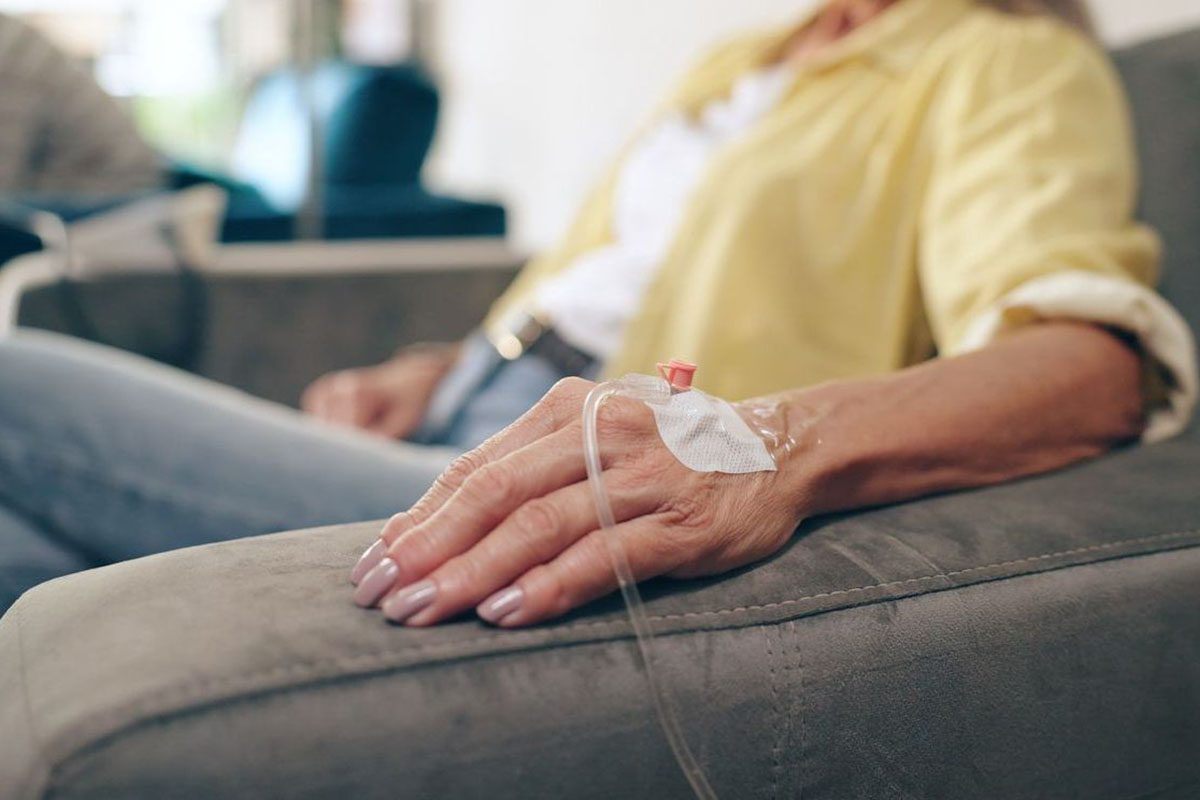Objective: To elucidate the impact of the presence of psychotic features in patients diagnosed with major depressive disorder (MDD) on sociodemographic, psychosocial, clinical, and response characteristics.
Methods: A total of 1,410 DSM-IV-TR MDD patients were included in the present European multicenter study, which was conducted between 2011 and 2016. Analyses of covariance, χ2 tests, and binary logistic regression analyses were performed to explore differences in sociodemographic and clinical variables between MDD patients with and without psychotic symptoms.
Results: A prevalence rate of 10.92% for psychotic features was found in MDD. Compared to nonpsychotic MDD patients, those with psychotic features were characterized by a higher likelihood for melancholic characteristics (73.38% vs 59.16%, P = .0006), a higher rate of current suicide risk (60.39% vs 44.27%, P = .0002), greater likelihood of receiving inpatient treatment (55.84% vs 32.01%, P < .0001), greater depressive symptom severity (measured by various rating scales), and more often receiving augmentation/combination treatment strategies in general (81.17% vs 58.12%, P < .0001) and add-on therapy with antipsychotics (50.00% vs 22.69%, P < .0001) and benzodiazepines (47.40% vs 31.29%, P = .0001) in particular. Moreover, psychotic symptoms in MDD were highly predictive of treatment resistance, expressed by a more than 2.2-fold higher likelihood for resistance compared to nonpsychotic MDD patients (79.87% vs 35.75%, P < .0001). Only 3.25% of the patients with psychotic MDD achieved treatment response (vs 27.15% of those with nonpsychotic MDD, P < .0001).
Conclusions: These findings suggest that adequate diagnosis of psychotic features in MDD should be ensured in routine clinical care. As a combination of antipsychotics and antidepressants represents the first-line treatment option in psychotic MDD, the finding of a 2-fold higher prescription rate for antipsychotic drugs in psychotic versus nonpsychotic MDD patients reflects the current evidence.
Members Only Content
This full article is available exclusively to Professional tier members. Subscribe now to unlock the HTML version and gain unlimited access to our entire library plus all PDFs. If you're already a subscriber, please log in below to continue reading.
Please sign in or purchase this PDF for $40.00.
Already a member? Login





